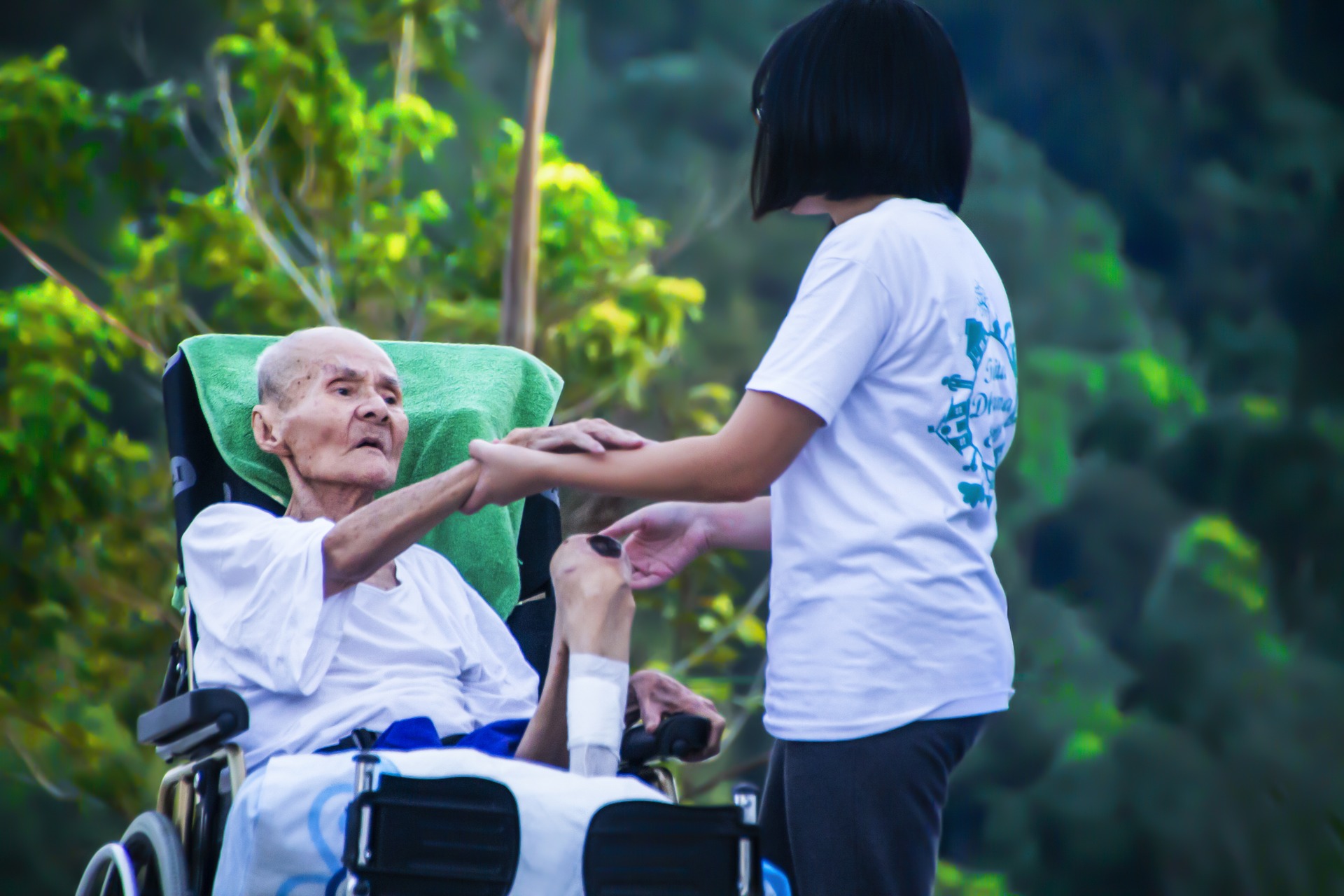Ultimately, caring for the elderly can be very challenging. It can even be emotionally and physically exhausting. After all, the responsibilities of taking good care of a senior citizen may include help for anything like eating, dressing, and reminding them to take their medicine. With all these tasks, everything boils down to one thing – patience, patience, patience. If you’re new in caregiving and you’re planning to work in San Antonio nursing home, here are a few tips to consider when caring for the elderly.
Bathing and Personal Hygiene:
A large part of caregiving for the elderly usually includes assistance with daily activities such as bathing and getting dressed properly. With that said, you should be prepared to how much helping someone can be incredibly daunting. Below are some ways to help the elderly with grooming and dressing:
- Set a bathing schedule that suits their needs. While people would like to have a daily shower, a senior citizen may only need a daily sponge bath or even a full bath twice to thrice a week.
- Make sure you create a peaceful environment for bathing. You can use the music to keep them calm. Waterfalls sounds, birds, or classical music may help to soothe them.
- Be sure you prepare their bathwater before you bring them into the bathroom. This will help minimize the agitation of the senior citizen.
- Remove their clothes right away to prevent toileting accidents from happening.
- Be ready with the towel and clothing when they come out of the shower or tub. After the bath, put on the towel immediately to keep them warm and protect their modesty.
- Use assistive devices to make bathing and grooming safer. Look for shower chair or hair washing tray to help you carry out your caregiving tasks.
- Ensure there are no safety issues in the bathroom. Keep the throw rugs away so they’ll not create a risk of falling. Also, check the water temperature before the elderly gets into the tub and make sure the grab bars are installed properly.
- Prepare clothes in order and so dressing will no longer be difficult. If possible, try to encourage the elderly you’re caring to dress themselves
- If you think brushing their teeth is quite tricky, use mouthwash as an excellent oral alternative.
Safety Hazards:
Safety is one of the primary concerns when caring for the elderly. For instance, falls are the most dangerous accidents that may happen. Keep these things in mind to ensure the safety of older adults:
- Check whether the room has adequate lighting. Installing some nightlights can be a perfect idea.
- Be mindful of the clutter that surrounds the area. Make sure you don’t let clutter pile up on the floor and in other familiar places.
- Check all the electrical cords. Be sure they’re tacked to the baseboards and out of the elderly’s way.
- Reduce the number of furniture that may interfere with the smooth movements of the elderly. Remove extra pieces if possible to protect them from accidents.
- Be sure you have properly installed handrails and grab bars along the stairways and in the bathroom.
Physical Health:
Doing physical activities and exercise can be useful for an elderly individual. Thus, find ways to help them stay active as long as their condition permits them. However, be sure to ask the doctor first before doing any activity. Here’s how you can encourage an older adult to have an active lifestyle:
- As a caregiver, you can take a walk together on a daily basis.
- If walking is almost impossible, you can take them on a stationary bike or shop airline approved mobility scooters.
- If their condition allows them to do so, let the elderly do some stuff like sweeping, gardening, and dusting.
Communication:
Being a caregiver means you have to communicate with an elderly individual from time to time. Moreover, when talking to them, make sure you do it directly, simply, and positively. Below are some communication tips that you may think about when dealing with older people:
- Use eye contact and mention their name when you’re trying to speak to them.
- Use simple questions when asking. Questions like, “Are you hungry?” or “Are you tired?”
- If you want to make a conversation, don’t hesitate to hold their hand.
The Bottom Line:
Taking care of the elderly is no easy task and without patience, time, and little hard work, you may find caregiving a completely daunting process. Hopefully, you see this article helpful as you take on this caregiving role.
Read Also:






















